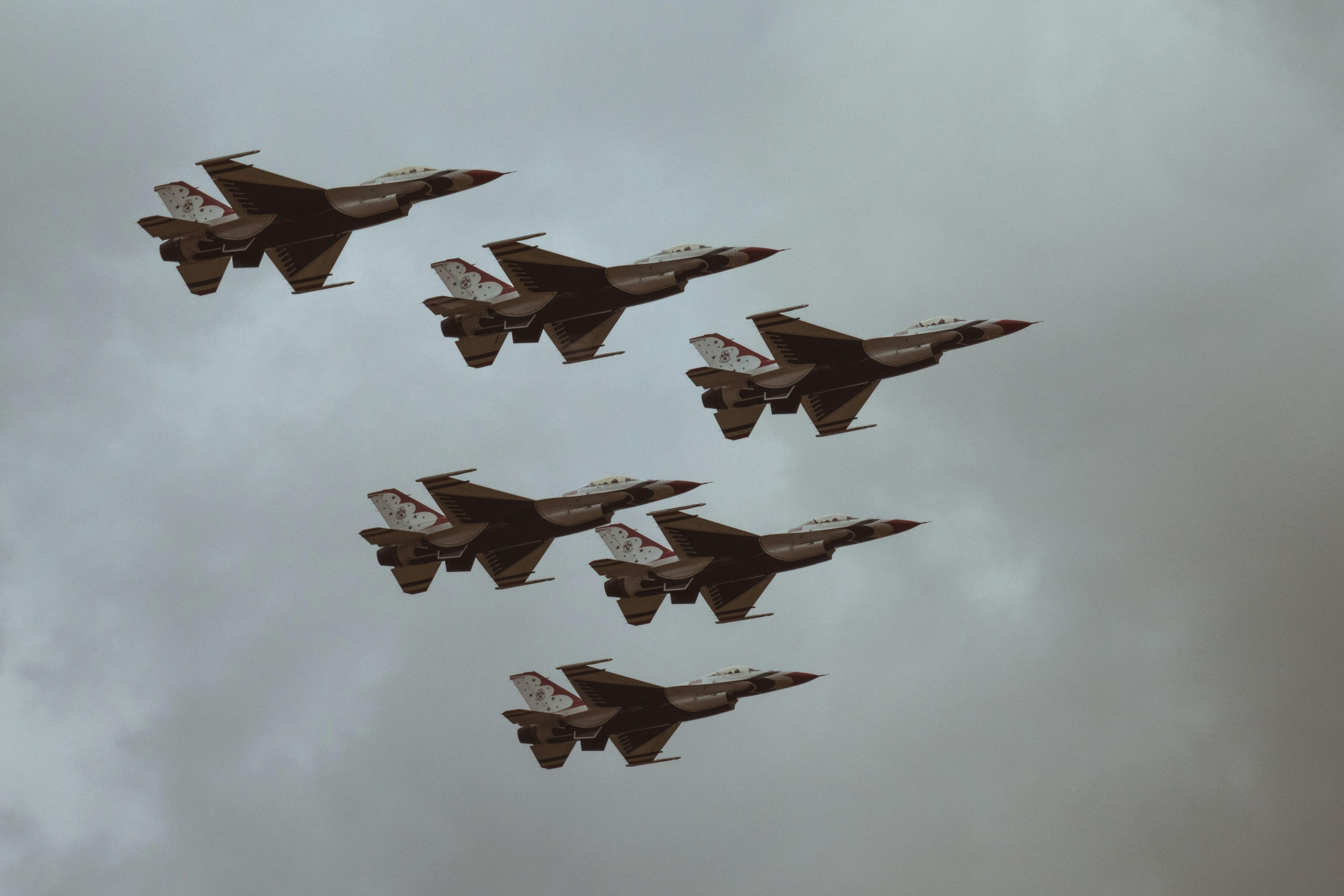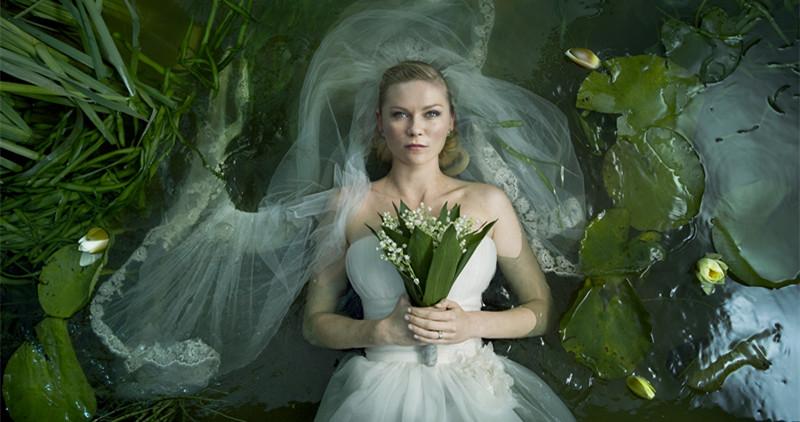In the dim glow of a theater, audiences are transported to distant battlefields, where the echo of gunfire and the whispers of strategy intertwine. War movies have long captivated viewers, offering a visceral experience that plunges them into the heart of conflict. Yet, beneath the thunderous explosions and poignant silences lies a question that filmmakers and audiences alike grapple with: should these cinematic portrayals focus on the individual soldiers, with their tales of courage and sacrifice, or delve into the intricate web of politics that orchestrates the chaos of war? This exploration invites us to consider the narrative lens through which we view history’s most tumultuous events, challenging us to weigh the human element against the broader political currents that shape the tides of battle. As we navigate this complex terrain, we find ourselves at a crossroads of storytelling, where the personal and the political intersect, each offering a distinct perspective on the age-old drama of war.
Exploring the Human Element in War Films
In the world of war cinema, the focus often oscillates between the raw, visceral experiences of soldiers on the ground and the intricate web of politics that orchestrate these conflicts. The human element serves as a powerful narrative tool, offering audiences a glimpse into the personal and emotional toll of warfare. By centering on soldiers, filmmakers can delve into themes of camaraderie, fear, and resilience. These stories are not just about survival, but about the profound transformations that occur amidst chaos. Through their eyes, viewers experience the harrowing reality of combat, the bonds forged in the trenches, and the haunting memories that linger long after the guns have fallen silent.
- Camaraderie and Brotherhood: Exploring the relationships and unity among soldiers.
- Fear and Resilience: Highlighting the emotional struggles and strength in adversity.
- Personal Transformation: Understanding how war changes individuals profoundly.
Conversely, focusing on the political backdrop offers a different lens. This perspective sheds light on the motives, decisions, and consequences of those in power. Political narratives can unravel the complexities of diplomacy, strategy, and the often ambiguous moral landscape of war. By examining the decision-makers, audiences gain insight into the broader implications of conflict, understanding how power dynamics and geopolitical interests shape the battlefield. These films challenge viewers to question the ethics of war, scrutinize leadership, and consider the far-reaching impacts of political agendas.
- Diplomacy and Strategy: Investigating the decision-making processes behind wars.
- Moral Ambiguity: Questioning the ethical implications of political decisions.
- Power Dynamics: Exploring how global interests influence conflicts.

Unveiling the Political Intricacies of Conflict
War movies have long been a powerful medium for storytelling, often choosing between two distinct narratives: the visceral, personal journeys of soldiers on the frontlines and the complex, often opaque political machinations that precipitate these conflicts. Focusing on the soldiers provides an intimate glimpse into the human cost of war, highlighting bravery, camaraderie, and the psychological toll of combat. This perspective allows audiences to connect on a personal level, experiencing the harrowing realities of warfare through the eyes of those who endure it.
Conversely, examining the political backdrop can unravel the intricate web of motivations, decisions, and power struggles that lead nations into conflict. This approach invites viewers to explore the broader geopolitical landscape, offering insights into the strategic considerations and ethical dilemmas faced by leaders. Such films can delve into topics like:
- The role of diplomacy and its failures
- Influence of economic interests
- Impact of propaganda and public opinion
Both perspectives have their merits, and the choice between them often hinges on the filmmaker’s intent to either humanize the conflict or critique the systems that perpetuate it.

Balancing Personal Narratives with Historical Context
When crafting war movies, filmmakers often face the challenge of weaving together the personal stories of soldiers with the broader historical context of the conflicts they depict. Striking this balance is crucial for creating a narrative that resonates on both an emotional and intellectual level. Personal narratives allow audiences to connect with the human experience of war, offering a glimpse into the courage, fear, and camaraderie shared by those on the front lines. These stories can humanize the often impersonal statistics of war, making the stakes more tangible and immediate.
- Empathy and Connection: Personal stories can evoke empathy, drawing viewers into the individual struggles and triumphs of soldiers.
- Educational Value: Historical context provides a framework for understanding the causes and consequences of war, offering a deeper educational experience.
- Complexity and Depth: Integrating both elements can add complexity to the narrative, showcasing the multifaceted nature of war.
While some may argue that focusing solely on soldiers risks oversimplifying the larger political dynamics at play, others contend that an exclusive emphasis on political context might alienate viewers seeking a more personal connection. Ultimately, a successful war movie often finds a harmonious blend, allowing the audience to walk away with both a heartfelt understanding of the individual experience and a nuanced appreciation of the historical landscape.

Crafting a Holistic Approach to War Storytelling
In the realm of war storytelling, a holistic approach requires a delicate balance between the visceral experiences of soldiers and the intricate web of politics that orchestrate battles. By intertwining these elements, filmmakers can create a narrative tapestry that resonates with a diverse audience. Soldier-centric stories offer an intimate glimpse into the personal struggles, camaraderie, and heroism on the battlefield. These narratives draw viewers into the human aspect of war, highlighting the psychological and emotional toll it takes on those who serve. They emphasize:
- The personal sacrifices and moral dilemmas faced by individuals.
- The raw and immediate reality of combat and survival.
- The resilience and unity forged in the crucible of conflict.
Conversely, focusing on the political backdrop provides a broader understanding of the forces at play, offering insight into the motivations, decisions, and consequences that shape historical events. This perspective can explore:
- The strategic decisions and geopolitical dynamics influencing warfare.
- The ethical implications and debates surrounding military actions.
- The impact of war on global and national scales.
By merging these narratives, war movies can transcend traditional storytelling, providing a comprehensive view that acknowledges both the micro and macro forces of war, thus engaging viewers on multiple levels.









